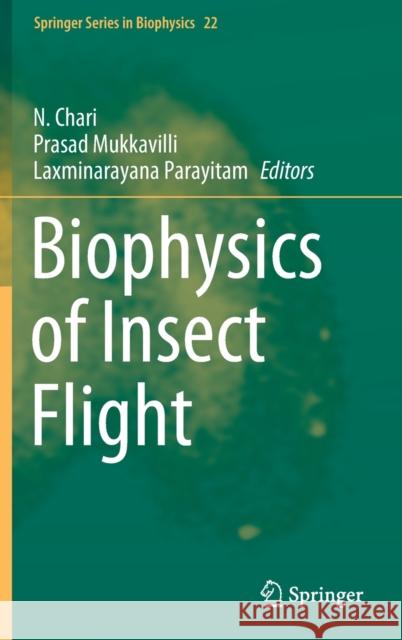Biophysics of Insect Flight » książka
topmenu
Biophysics of Insect Flight
ISBN-13: 9789811651830 / Angielski / Twarda / 2022 / 170 str.
Kategorie:
Kategorie BISAC:
Wydawca:
Springer
Seria wydawnicza:
Język:
Angielski
ISBN-13:
9789811651830
Rok wydania:
2022
Wydanie:
2022
Numer serii:
000918857
Ilość stron:
170
Waga:
0.49 kg
Wymiary:
23.39 x 15.6 x 1.42
Oprawa:
Twarda
Wolumenów:
01
Dodatkowe informacje:
Bibliografia
Wydanie ilustrowane
Wydanie ilustrowane











